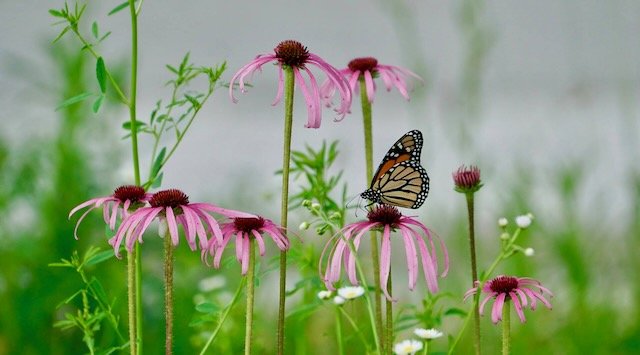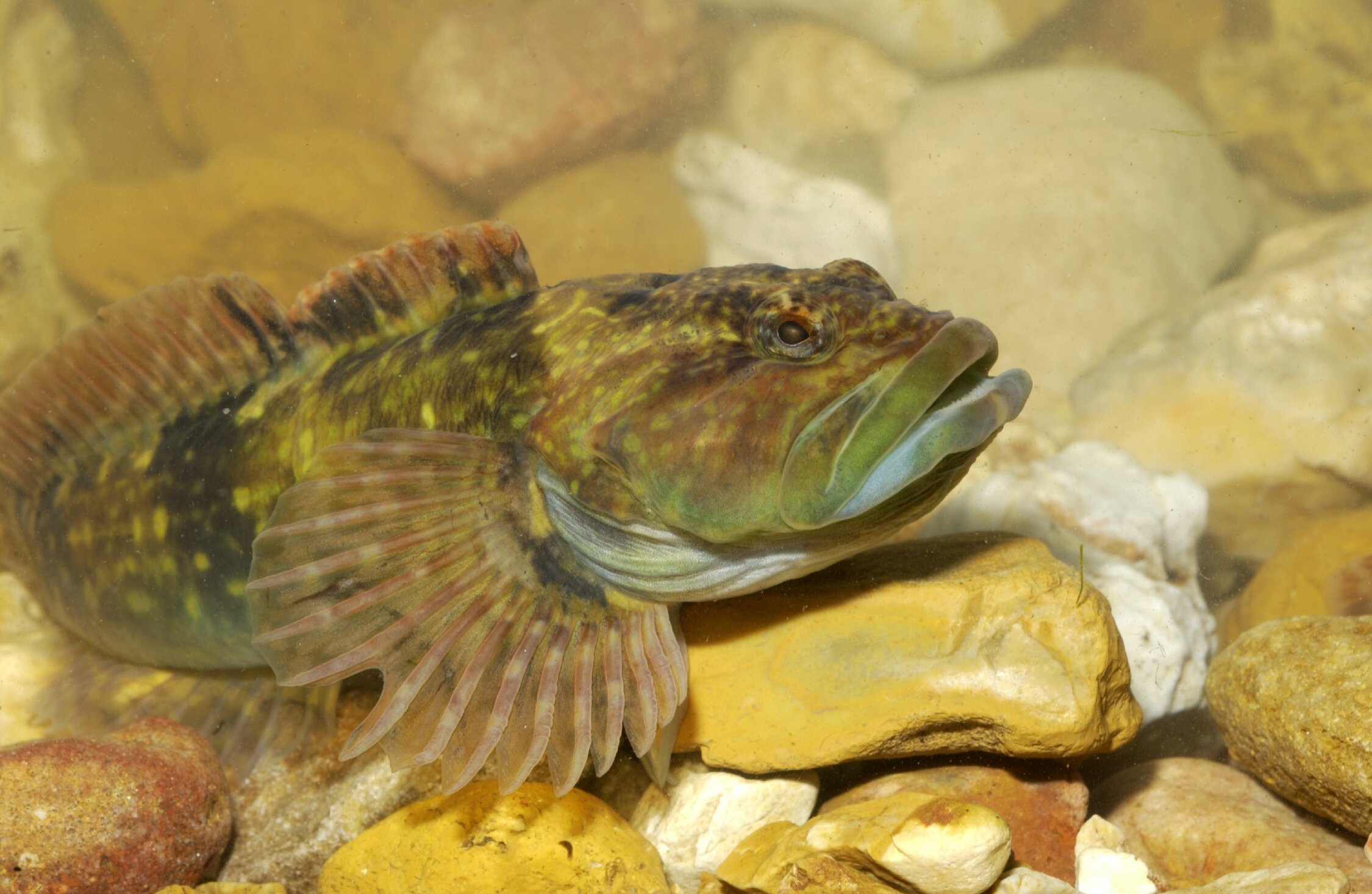Field notes by J. Cantrell, photos courtesy of the Missouri Dept. Conservation
Checkered madtom - https://nature.mdc.mo.gov/discover-nature/field-guide/checkered-madtom
Late summer is an opportune time for parents, youth instructors, and scout leaders to celebrate and study water. It will be an entertaining and consoling practice for many of us. Certainly exploring this subject in the wild and discovering its importance to natural systems, human health and economics has the potential of being notable for future knowledge and life skills. Conservation means “wise-use” and in this realm, water conservation would apply to the benefits and uses for industry, transportation, as well as aquatic life native to the local waters.
My best advice to the parents and adult leaders is to have fun too, furthermore try a new subject matter so they may learn along with the youth. We are always learning no matter what age, and being the grown-up gives you the freedom to choose the fun and engaging ways to discover and share with others.
When one mentions “life in the water” the subject fishes come to mind, and for the majority of the public they will ponder on catfish, bass, crappie and limited other game fish. The new learning/study subject I am suggesting, is simply selecting any of the non-game species. Honestly, I believe this is an exciting avenue to take for there are many resources on the common ones, but the lesser-known will take some real fieldwork and research. Missouri has more than 210 species of different types inhabiting its waters. What many people just call “minners” turn out to be meticulous pieces of our ecosystem. They have behaviors supporting game fishes in their life histories, which give teachers the opportunity to study symbiotic relationships in the natural world. They play important food-web roles for hundreds of invertebrates and those more familiar backboned critters we love. Oh, the biological information a darter or shiner could relay, if only they could communicate with us.
There are special regulations for keeping native fish, so I advise studying the stream habitat (hands-on) and eyeing the fish belonging there. The summer months lend themselves perfectly for wading, snorkeling and from observing with aquatic viewers to explore the life in the water. Two factors are suggested for the students to investigate initially are 1) Do fish have a sense of smell? 2) A detailed look at the design of different fish species. The first objective is easy to start by wading out in shallow water and notice if there are small fish around your bare ankles and wading shoes. Students can experiment with a piece of a cracker or potato chip crumbles and see if small fish are attracted. A worm or dead crawdad broken up under the water surface with the fingers will be a rewarding procedure. Students will find fish have a very good sense of smell; it is important to their survival. The sense of smell may be carried out continuously, as for many fish, their nostrils have two holes and water flows uninterrupted by their sensory cells. This sense is key for navigating their water systems, finding food and being attentive to danger. The second factor to investigate is the details of the fish’s design. Educators may be familiar with learning programs referred to as the “projects”. One of my most used project activities is “Fashion a Fish” from Project WILD. Readers may search the activity title on the internet or ask me about project trainings for teachers. Fashion a Fish looks at the different mouth adaptations, the body shapes and coloration, and simply how the different types of fish are able to survive and prosper.
I was fortunate enough to assist peers studying darters, madtoms, sculpins, and suckers in college. I loved and gleaned much from my own research on stonerollers in Bull Creek south of Ozark, MO. It just takes a little effort and the beginning footsteps of a field biologist to start to understand how charismatic our fishes are, and they too have a natural history story to tell! I hope to see you along Hickory Creek in Neosho, enjoy the summer! - Jeff
If you have questions on conservation educational activities or Project WILD please feel free to contact jeff.cantrell@mdc.mo.gov


